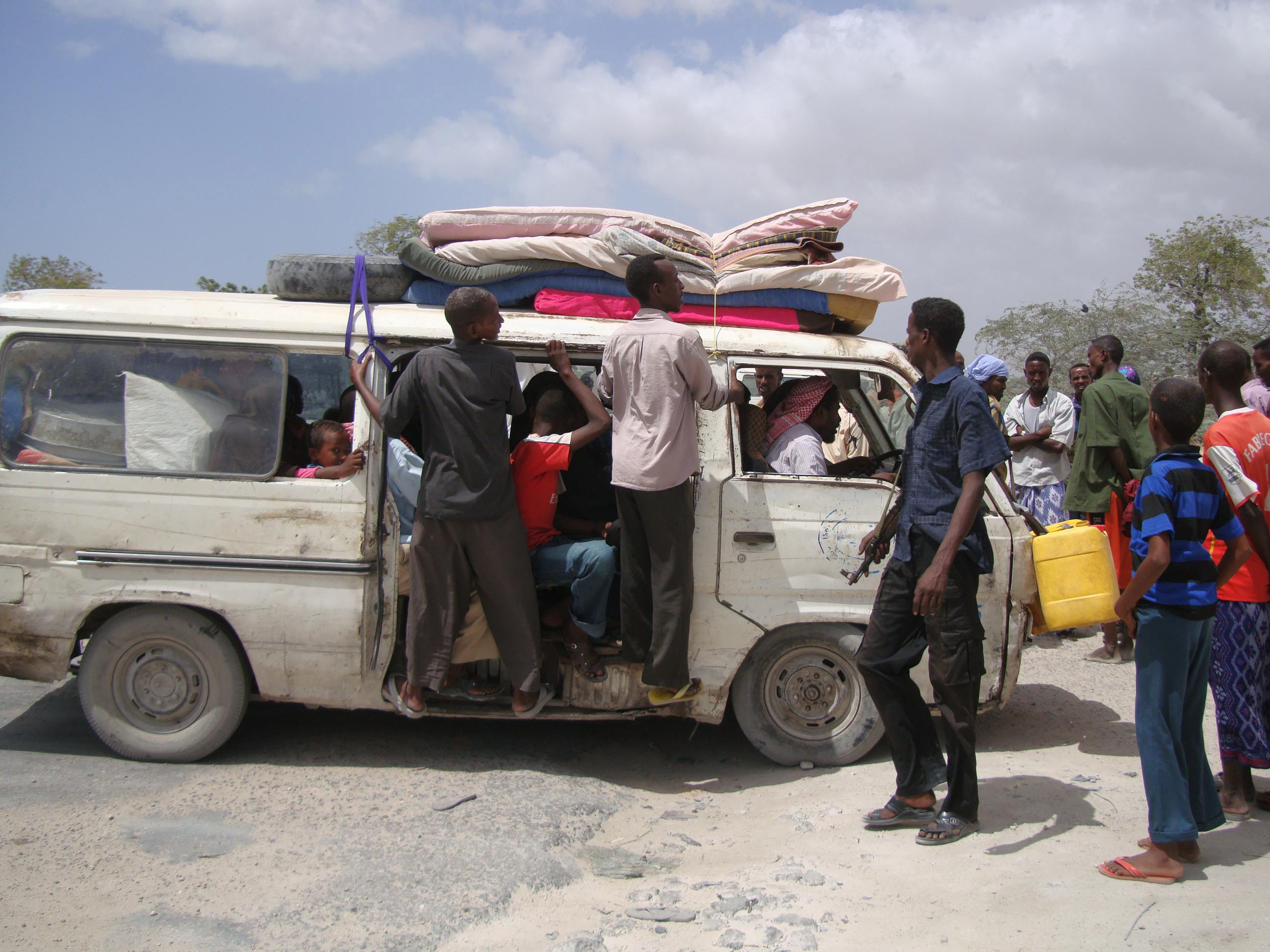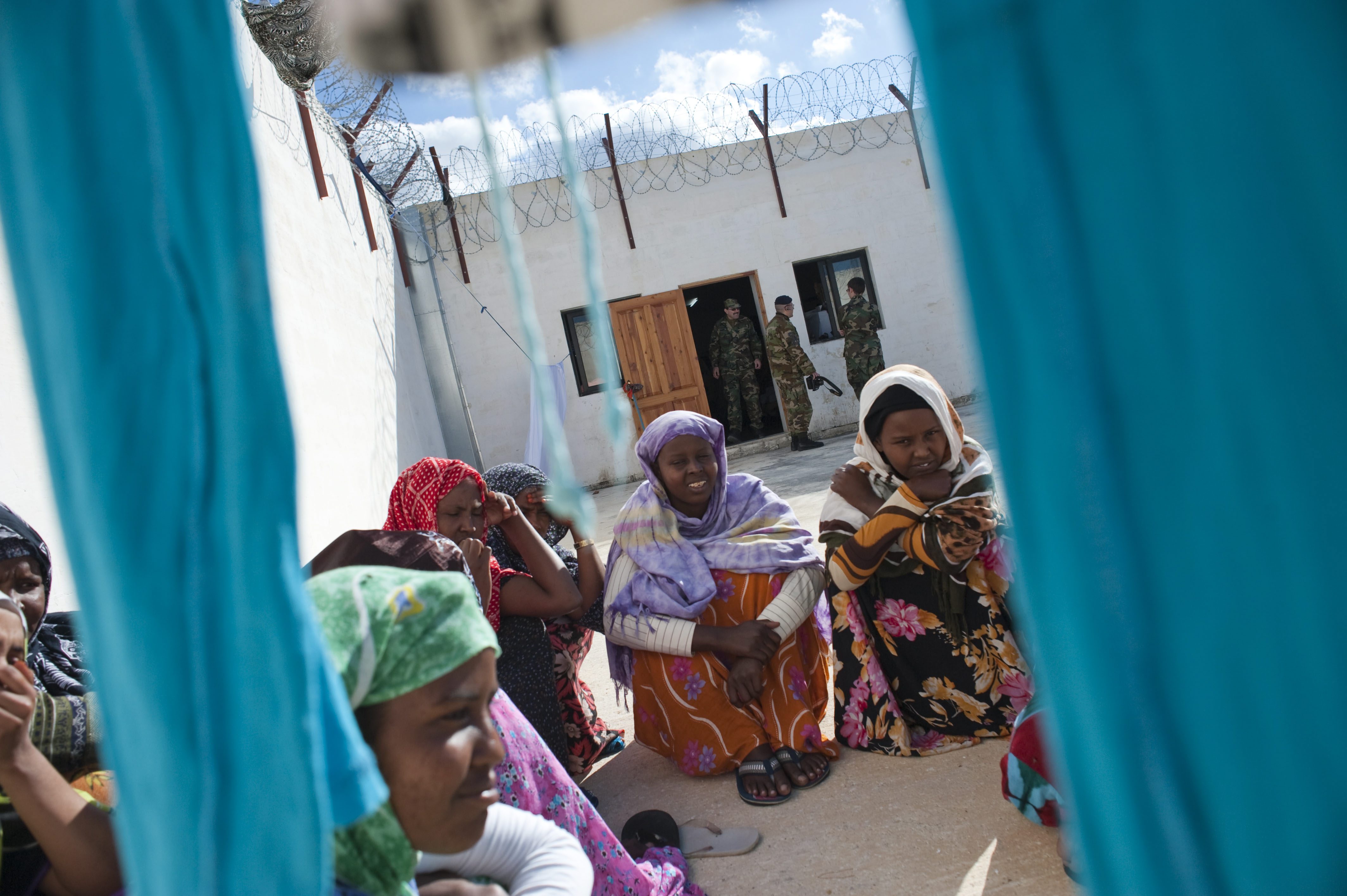Spain: UNHCR concern on Ceuta conditions
Spain: UNHCR concern on Ceuta conditions
After a recent visit to Ceuta, the small Spanish enclave in North Africa, UNHCR has expressed concerns to the Spanish authorities about the extremely poor conditions in which asylum seekers are living, and has urged the government to deploy more resources to improve the situation. Conditions fall well short of the minimum standards required by the recent EU directive on reception standards, which must be transposed into Spanish law by February 2005.
Currently there are more than 500 asylum seekers living in very precarious conditions outside the enclave's only reception centre. The centre itself has a capacity of 448 people and has been overcrowded for months. Of the 500 outside the centre, some 300 are living rough - sleeping out in the open, under bridges, under trees and on open land near the beach.
Since there are currently no plans to increase the existing capacity, newly arrived asylum seekers are entirely dependent on assistance from private organizations such as Médicos sin Fronteras (the Spanish branch of Médecins sans Frontières [MSF]), and religious NGOs, who are struggling to cope. One religious organization, for example, is housing 260 people, but can only provide them with one shower and three toilets.
Food distributions for those outside the centre are reminiscent of scenes in camps in some of the poorest developing countries. At one point MSF actually set up a tent camp. However it was subsequently dismantled by the authorities.
UNHCR is also concerned about the lengthy delay - around three to four months - before a claim can be formally lodged. During this period, the asylum seekers are left in a legal limbo and risk being picked up and expelled because they only have a referral note which does not provide adequate safeguards. Again, solving this problem is largely a question of providing adequate extra resources.




